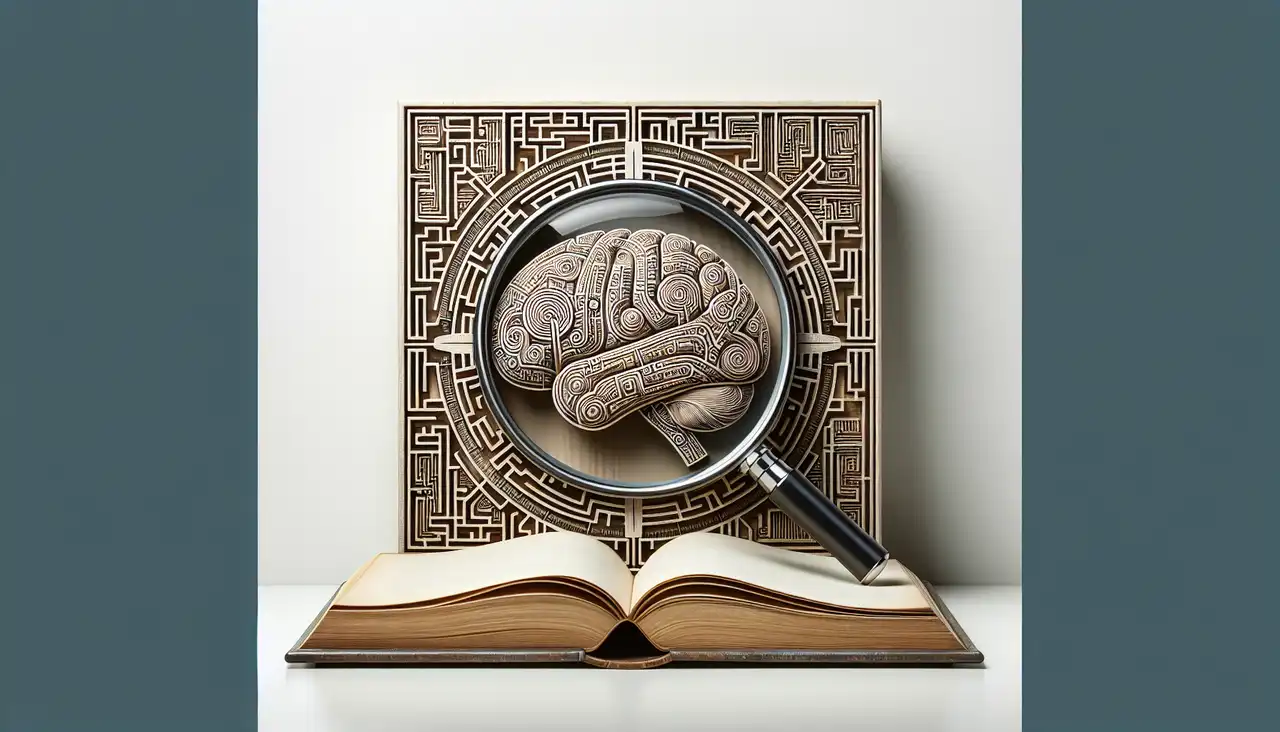

Diego Pizzagalli
Dr. Diego Pizzagalli explores cutting-edge topics in the neurobiology of depression and its related disorders as a Professor of Psychiatry at Harvard University and McLean Hospital. His research is at the forefront of understanding the intricate mechanisms underlying depression, with a particular focus on anhedonia, the loss of pleasure, which he identifies as a crucial endophenotype in depressive disorders. By employing advanced brain imaging techniques such as MRI, EEG, and PET, Dr. Pizzagalli's work seeks to unravel the complex interplay between stress sensitivity and dysfunctional reward pathways. His multidisciplinary approach extends beyond human studies, incorporating animal models to further elucidate depressive phenotypes. This comprehensive strategy allows for a deeper understanding of the neurobiological underpinnings of depression, providing insights that could lead to more effective treatments. Dr. Pizzagalli's research is not only pivotal in identifying the neural circuits involved in emotion dysregulation but also in exploring how these circuits may be altered in conditions such as anxiety and bipolar disorders. In addition to his research, Dr. Pizzagalli is dedicated to mentoring the next generation of scientists, fostering an environment of innovation and inquiry. His contributions to the field have been recognized through numerous awards and publications, solidifying his reputation as a leader in psychiatric research. Through his work, Dr. Pizzagalli aims to bridge the gap between basic neuroscience and clinical applications, ultimately improving outcomes for individuals suffering from mood disorders. Dr. Pizzagalli's commitment to advancing the understanding of depression is reflected in his ongoing efforts to integrate findings from neurobiology with practical therapeutic approaches. His research continues to inspire collaborations across disciplines, driving forward the quest for novel interventions that address the root causes of mental health disorders.
Publications
, 1779-1786, 2021-04-12
, 1305-1312, 2024-04-16
, 2790-2798, 2019-10-16
, 3540-3549, 2021-02-26